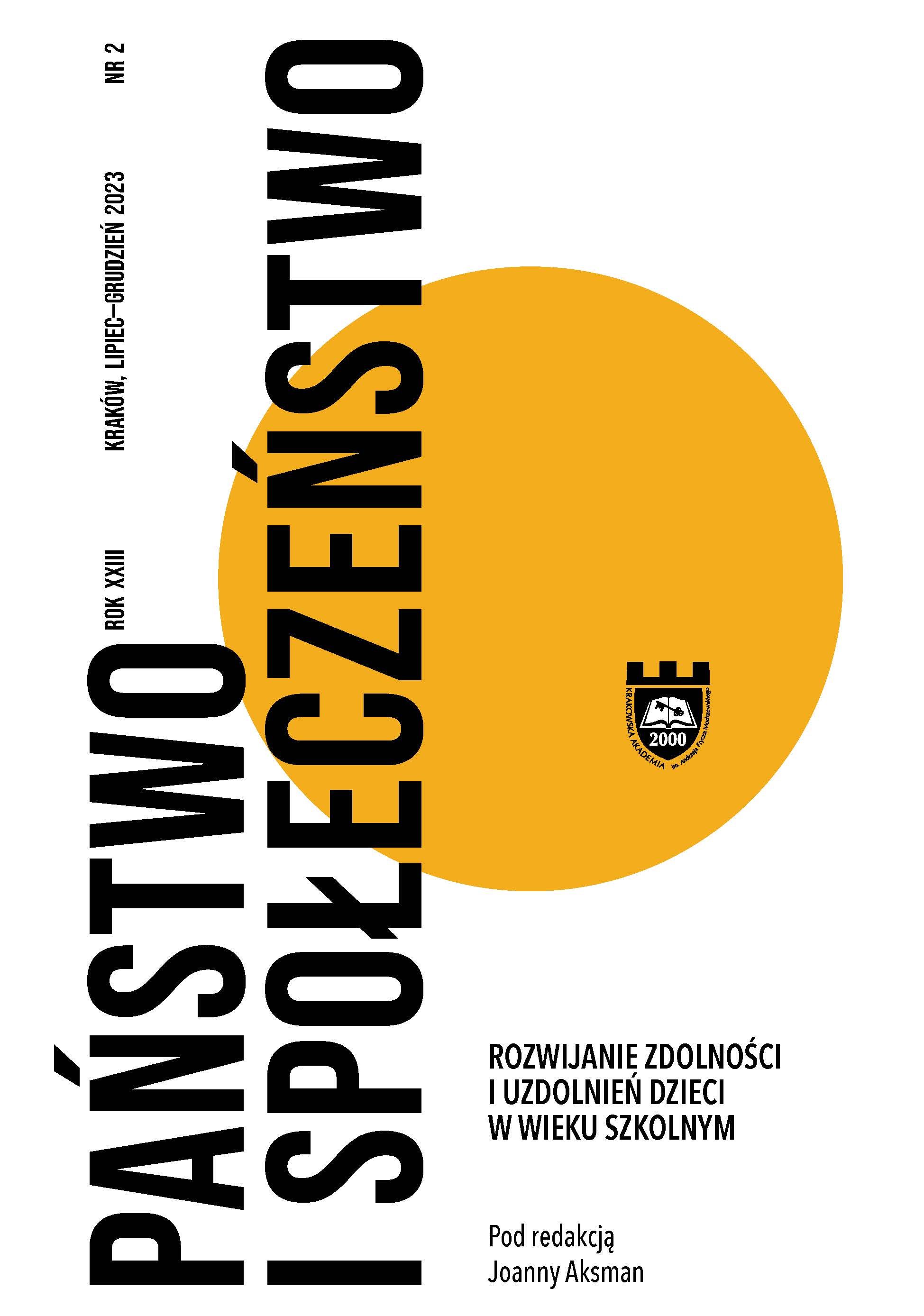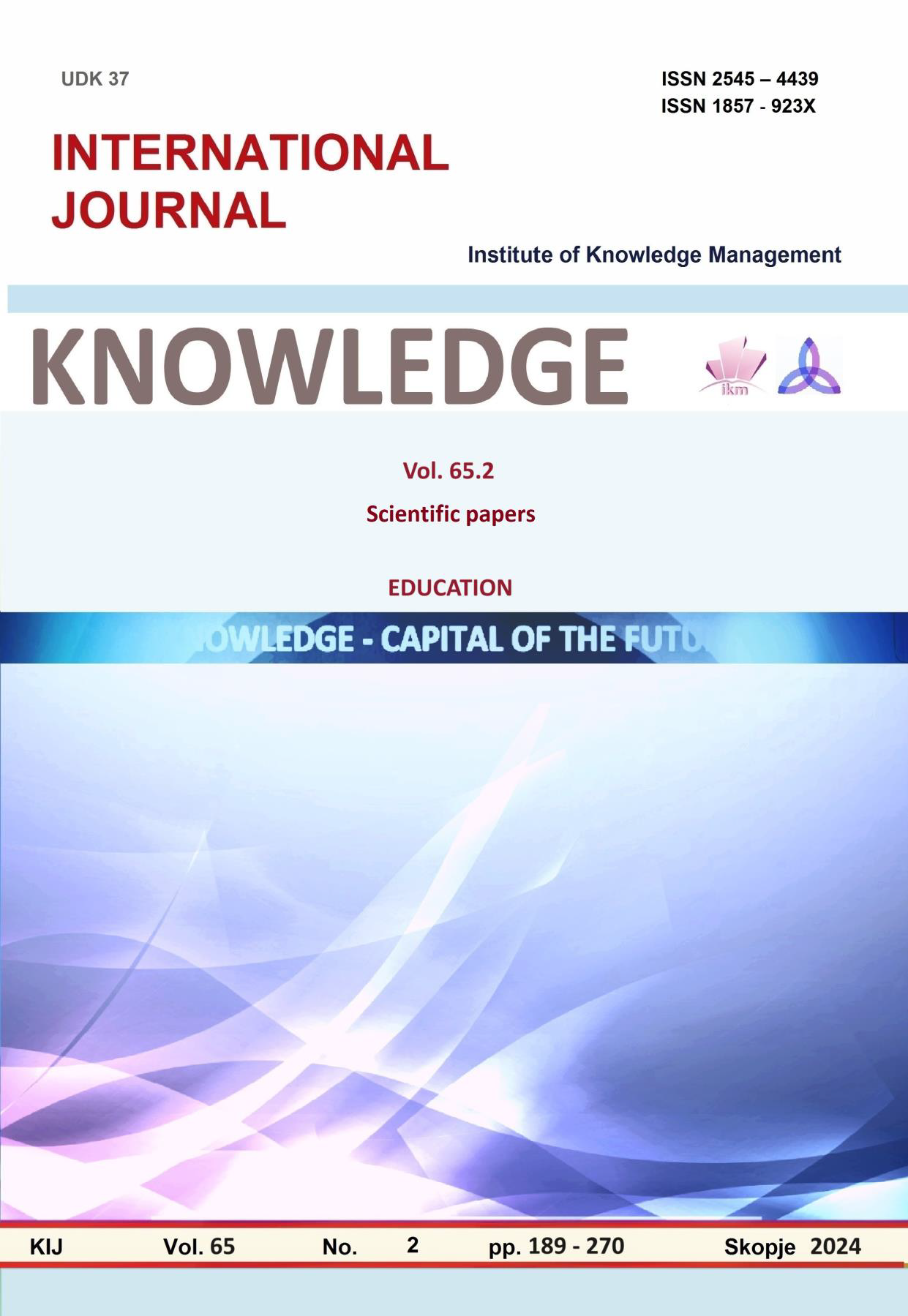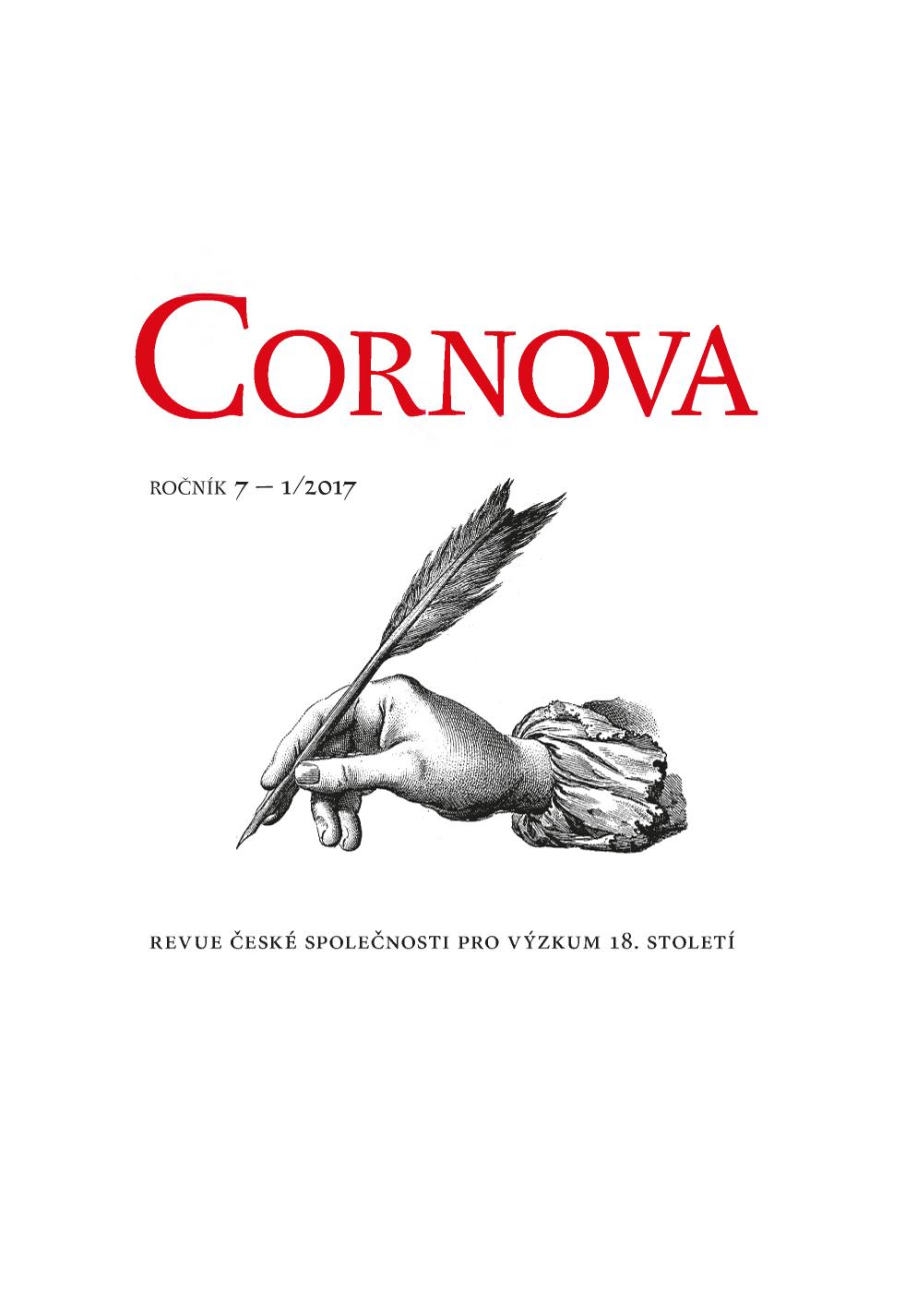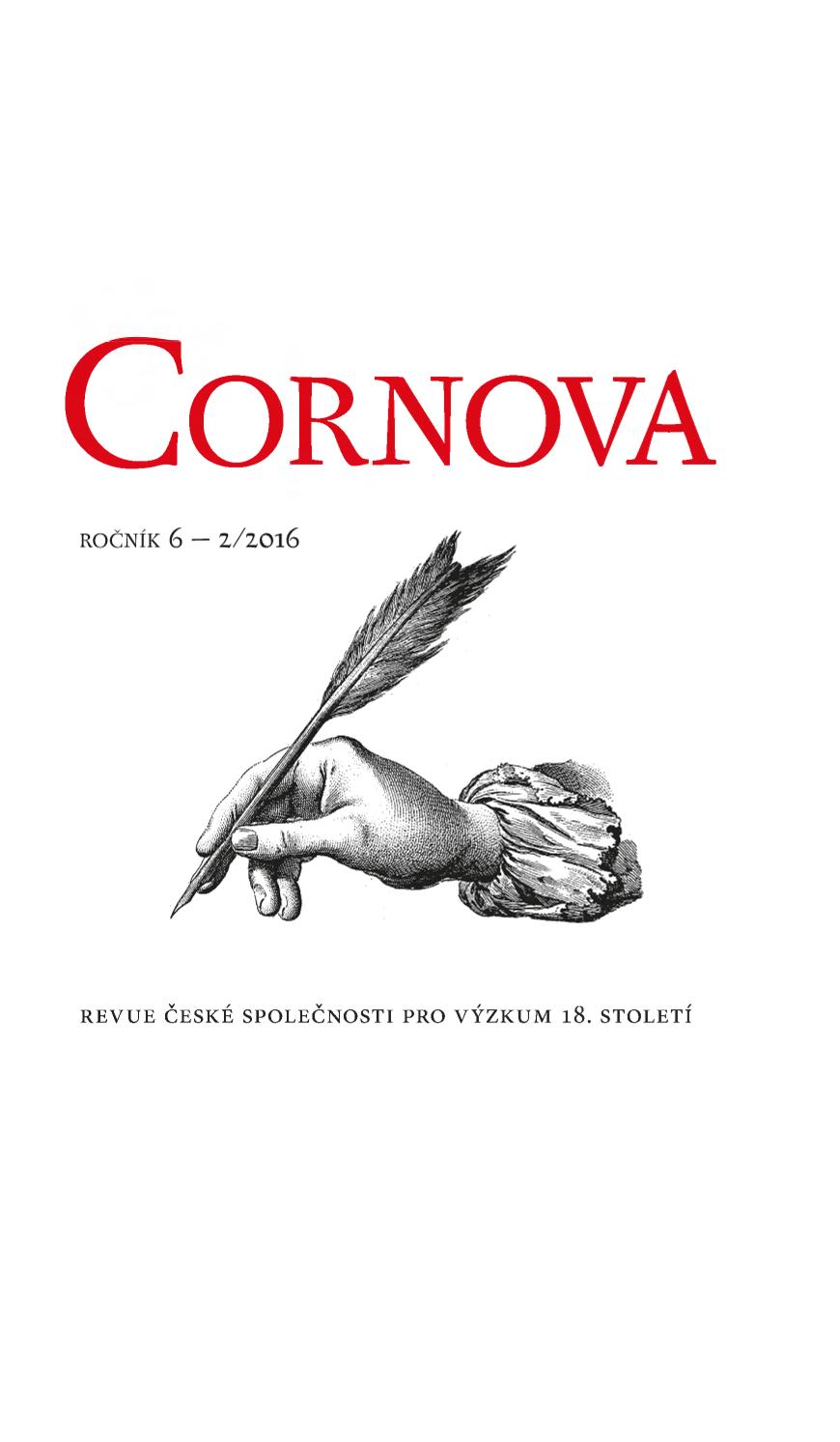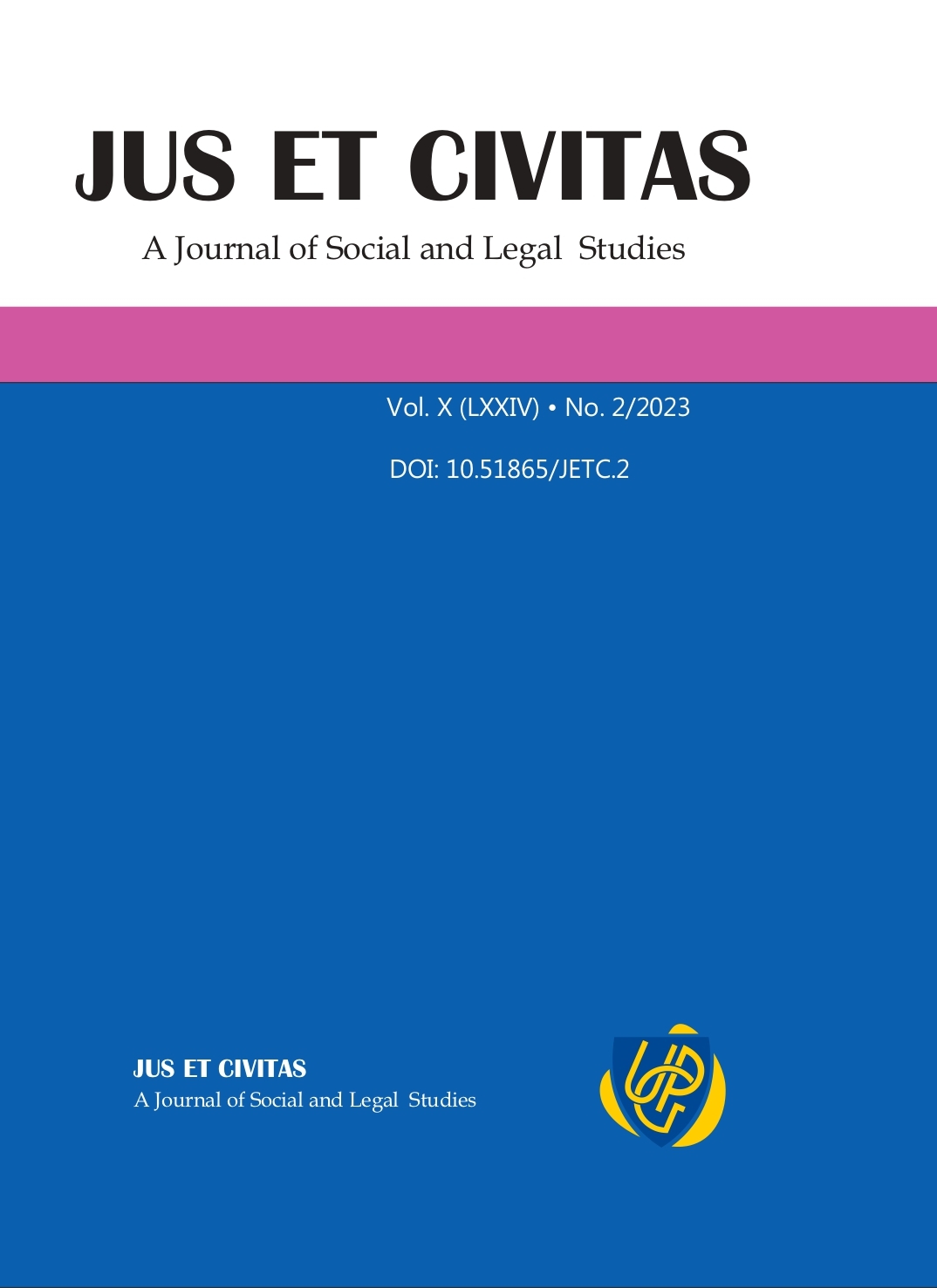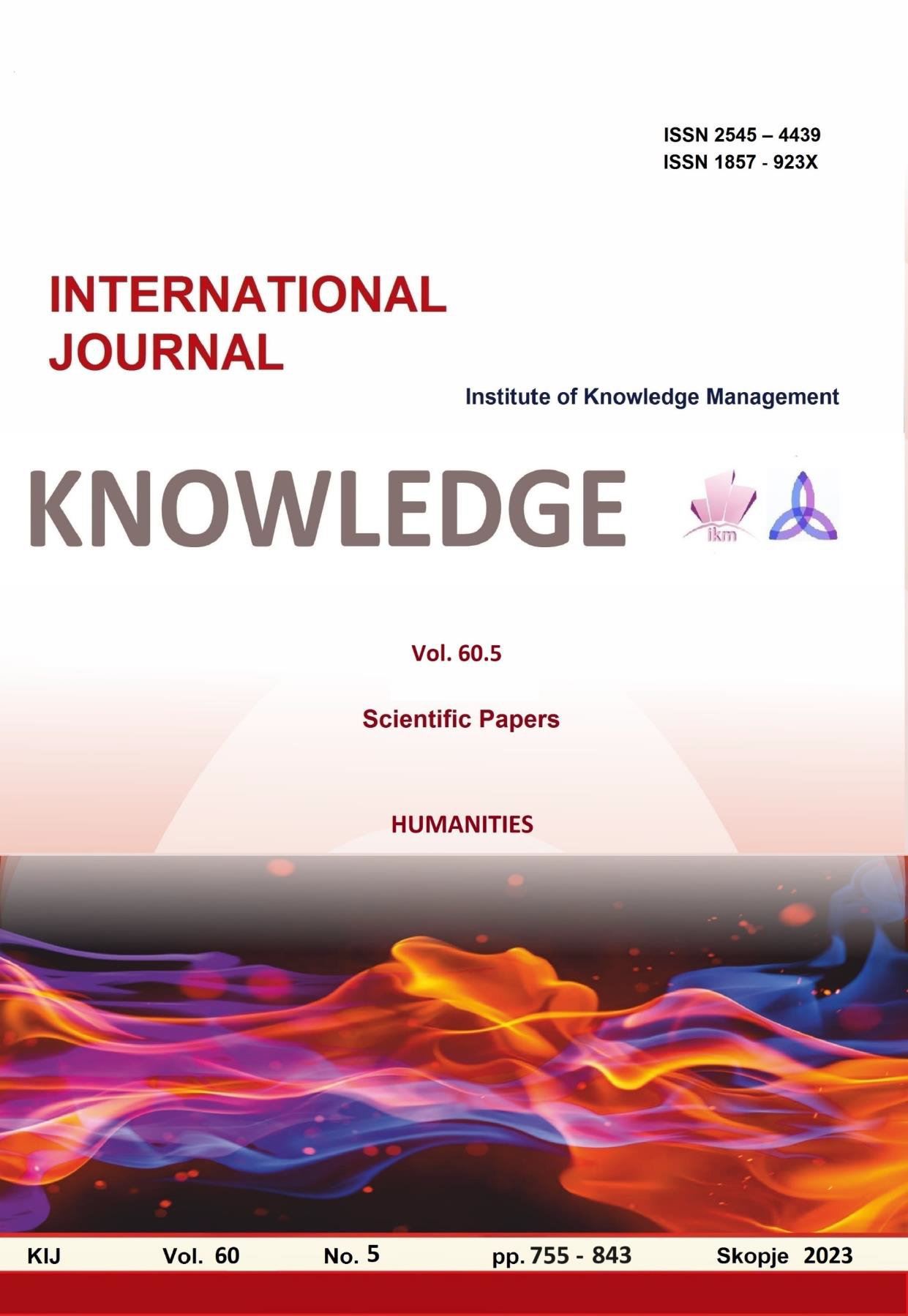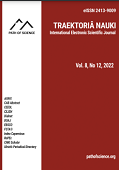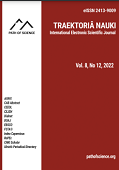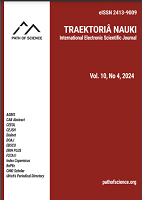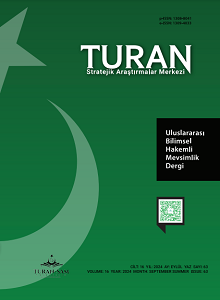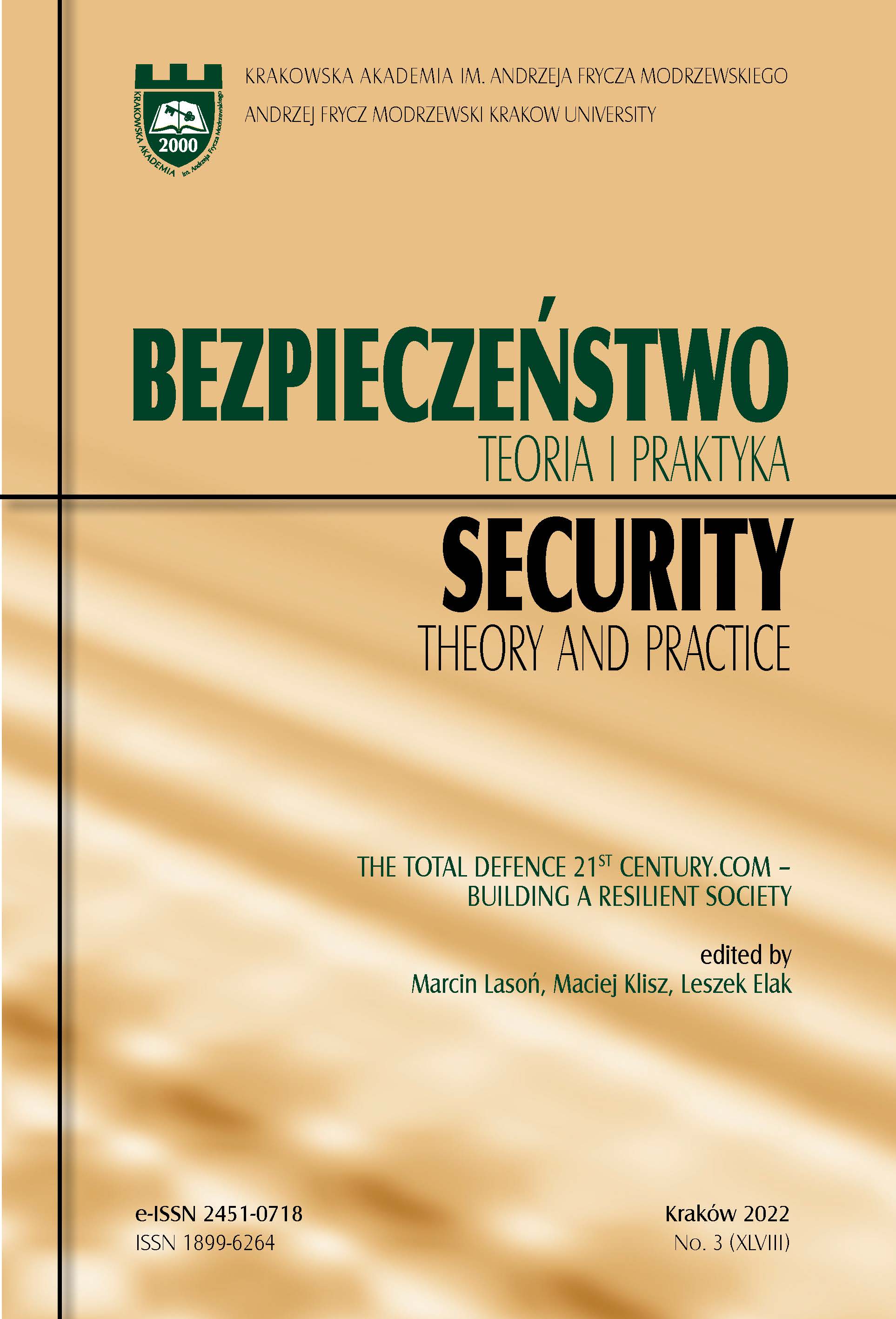
Pro-health education of youth and the physical fitness of the 21st century society
The problem of physical fitness in the 21st century society is, on the one hand, the result of the last century negligence, and on the other, a natural result of a deepening regression of pro-health education among young people. Such a situation negatively affects both the health and physical condition of society, which indirectly also affects the level of state security. Physical fitness is an indispensable condition for the effective functioning of all services in this sector, especially uniformed formations such as the armed forces, the police, and many others in their areas of responsibility. Unfortunately, it will be difficult to change the society’s habits, but it is possible to develop new habits among young people by focusing on pro-health education, i.e., education and upbringing in the spirit of responsibility for their own health and physical fitness. Therefore, the main goal of this article is to show the essence of the problem of young people’s pro-health education in the context of the fitness level decline in the 21st century society, and how these issues can be discussed in the face of contemporary threats. The paper also includes references to the issue of education and health promotion strategy among young people in order to identify the causes of the decline in society’s fitness level. The issues addressed were studied using theoretical research methods, i.e., analysis, synthesis, abstraction, explanation, generalisation, and inference.
More...
